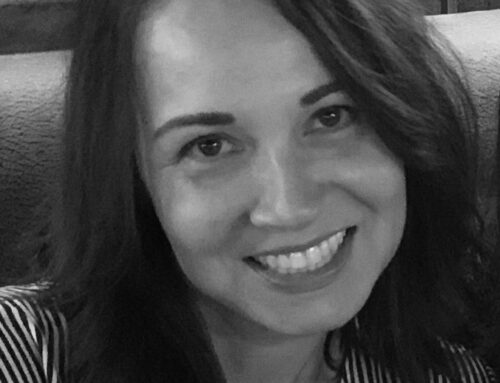By Geoff Kaufmann
One skill that distinguishes good leaders from great leaders is the ability to solve thorny problems that can make or break an organization. The fates of many Fortune 500 companies often rest on this single talent with the winners being those who are able to sustain operations and successfully tackle a string of problems that, if left unsolved, would have otherwise resulted in the company’s ruin. The leadership of surviving companies all have the marvelous ability to overcome challenges in ways that allow their enterprise to continue.

Solving tough problems is hard, and it takes time to get it right. You must understand the situation you are facing, consider all the stakeholders who have vested interest in the outcome, properly define the conundrum in its entirety, do data gathering and analysis to develop conclusions and recommendations, and then convince the stakeholders that the solution offered up will meet their definition of “problem solved.” Finally, you must create action plans with specifically defined responsibilities in order to be certain that the proposed solutions are implemented and monitored. A solution that works today may not work months from now if the environmental conditions change.
Great problem solvers are created, not born. They take their egos out of the equation and readily involve those closest to the problem. In many organizations, those in the C-suite are often so far removed from the day-to-day operations that they don’t have a good understanding of what is taking place on the front lines. That is why it is so important to ask questions, even asking “why” five times to get to the root causes of issues that need to be resolved. Problem-solving requires figuring out the differences between “what is” and “what ought to be.”
Successful leaders must also be willing to take calculated risks in solving problems and not be afraid to try multiple solutions if the first attempt to solve the problem fails. There are countless stories of both successful and unsuccessful organizations, the only major difference is the ability to solve problems that keep the organization alive, successful and vibrant.
What if we were able to prevent problems from occurring in the first place? This is the subject of a new book by Dan Heath titled “Upstream: The Quest to Solve Problems Before They Happen.” Heath suggests there are seven questions to ask yourself in anticipating problems before they occur in order to head them off at the pass:
- How to get early warning of the problem?
- Where to find a point of leverage?
- How to unite the right people to surround the problem?
- How to avoid doing harm?
- How to know you are succeeding?
- How to change the system to avoid the problem in the future?
- Answer the question, who will pay for what doesn’t happen?
Wouldn’t it be amazing if we didn’t have to put out organizational fires, deal with emergencies or get stuck in the cycle of response? We need to move upstream to fix the systems that cause the problems that we are currently trying to solve downstream. We need to own these systems that create downstream problems and get the right people with the right mindsets to address them at their headwaters.
If the current COVID-19 pandemic has taught us anything, it is that we need to be prepared for problems large and small before they occur. I, for one, am tired of watching organizations fiddle with analysis paralysis while Rome burns rather than solving problems. While many of our current leaders have done a fine job at solving challenging problems put before them, we have not yet taken the next step of moving upstream so we can solve problems before they occur. This is where the next generation of leaders needs to focus. Where do you stand?
Geoff Kaufmann is vice president of business planning and management at the American Red Cross. Geoff has over 45 years of experience in operations, business development, strategic planning and marketing and serves as adjunct faculty at the University of Minnesota in the Master’s in Healthcare Administration Program and the College of Continuing Education and at the University of St. Thomas.



